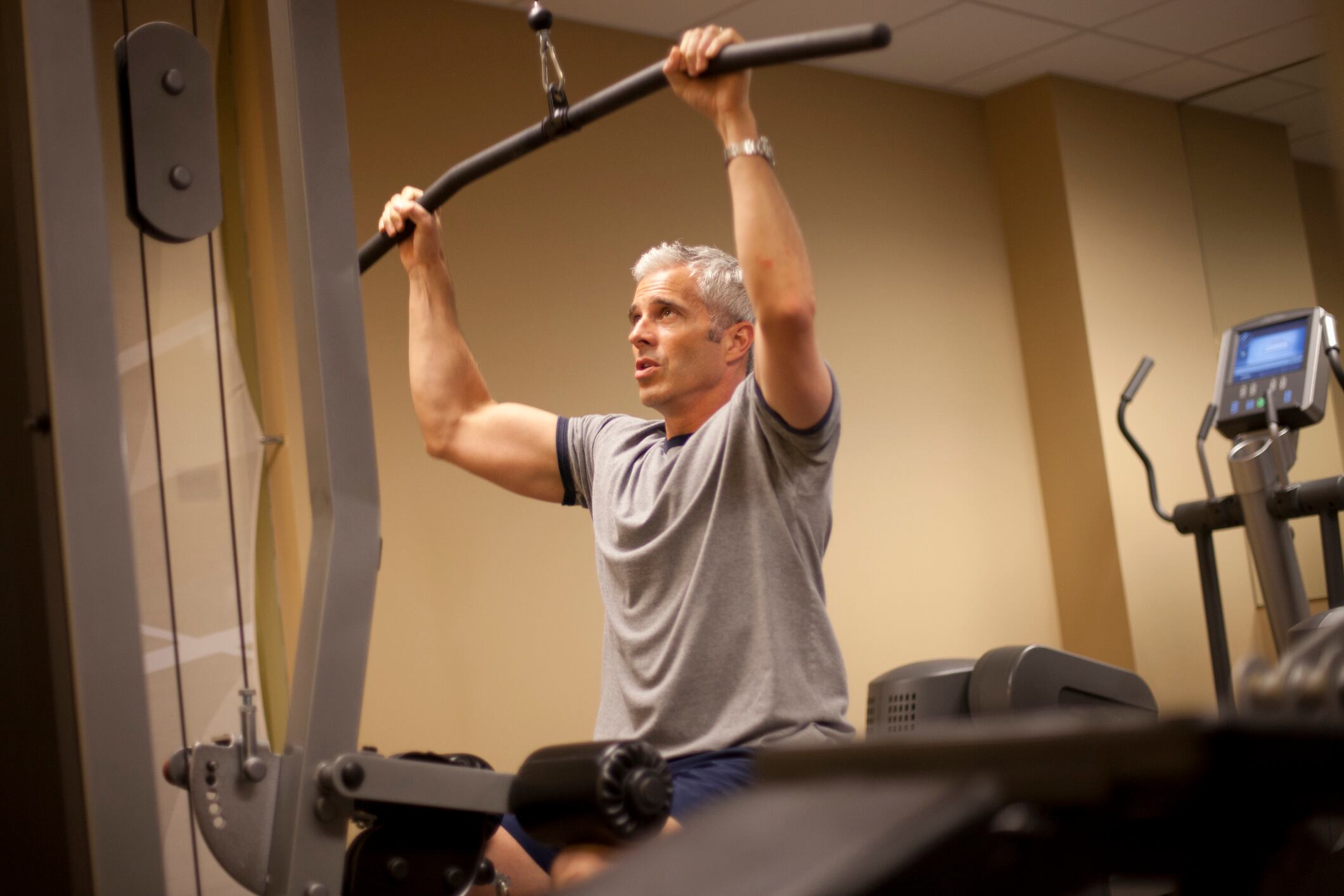Data published in the International Journal of Environmental Research and Public Health indicated that 15 grams per day of Gelita’s BodyBalance collagen peptides for 12 weeks in combination led to statistically significant increases in fat free/ lean mass compared to placebo. The study was partly funded by Gelita GmbH.
“To our best knowledge there are no previous studies that have focused on the effects of collagen peptides in a middle-aged, untrained male population,” wrote the scientists from the University of Freiburg (Germany), the Collagen Research Institute (Germany), and the University of Vienna (Austria).
“According to a previous review [Phillips, et al., 2009, J. Am. Coll. Nutr.], gains in lean mass as a result of resistance training combined with protein supplementation in trained and untrained adults ranged from 0.2 to 5 kg,” they added. “These data are congruent with the findings of the present trial. Taking the placebo as a reference, the effect of whey protein in this trial was an additional increase in fat free mass of 0.5 kg while the administration of the applied specific collagen peptide resulted in a 1.6 kg greater gain in fat free mass.”
Study details
Led by Denise Zdzieblik from the University of Freiburg, the researchers recruited 120 untrained middle-aged men to participate in their study. The men were randomly assigned to one of three groups: Placebo, collagen peptides (15 grams per day), or whey protein isolate (15 grams per day) for 12 weeks while simultaneously undertaking a resistance training program (supervised 60-minute sessions, three times per week). Dual-energy X-ray absorptiometry (DXA) to assess changes in fat free (lean) mass and fat mass, and isometric leg strength was also measured.
Data from the 97 men who completed the study showed that resistance training increased lean mass, decreased fat mass, and improved leg strength for all of the participants. Compared to placebo, the greatest improvements in lean and fat mass measures were seen in the collagen peptides group, said the researchers. The improvements in the whey group compared to placebo did not reach statistical significance, while the improvements in the collagen and whey groups were not statistically significant, they added.
“One possible explanation for the lower effects of whey protein on fat free mass is that the amount of whey protein (15 g/d) was insufficient to induce optimal effects,” stated the researchers. “The latest recommendation of the ISSN for high-quality proteins after RT are 20 g (0.25 g/kg body weight) in young and middle-aged adults. By contrast, the sufficient dose of collagen peptides to increase the fat free mass seems to be 10–15 g. The disparity of the results might be related to the different composition and the mode of action of the protein supplements used.
“It has been widely accepted that whey protein has a stimulatory effect in the muscle metabolism due to their high content in BCAA,” they added. “In contrast, the effects of collagen peptides cannot be explained by its BCAA content. First experiments suggest that the interaction between the specific collagen peptides and integrin receptors (e.g., subtype α11β1) might be the key factor for stimulation of muscle protein synthesis.”
Zdzieblik and her co-workers called for future research to explore the “role of collagen peptides in the direct regulation of anabolic or catabolic processes in skeletal muscles or fat tissue on a cellular level. Possible pathways include, e.g., the stimulation of collagen synthesis and the mTOR pathway.
“Moreover, the effect of various collagen peptides that differ in their biochemical properties (e.g., the amino acid sequence) in combination with other training settings needs to be further elucidated,” they added.
Source: International Journal of Environmental Research and Public Health
2021, 18(9), 4837; doi: 10.3390/ijerph18094837
“The Influence of Specific Bioactive Collagen Peptides on Body Composition and Muscle Strength in Middle-Aged, Untrained Men: A Randomized Controlled Trial”
Authors: D. Zdzieblik et al.



